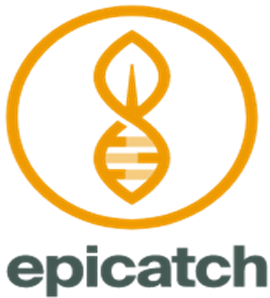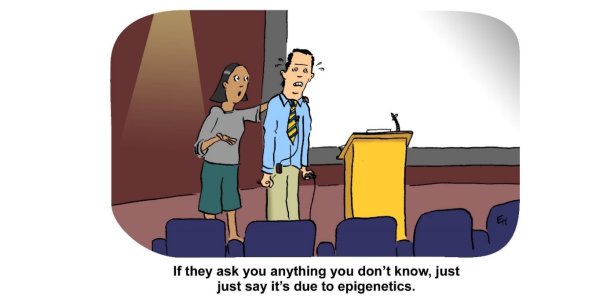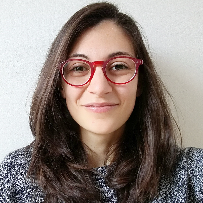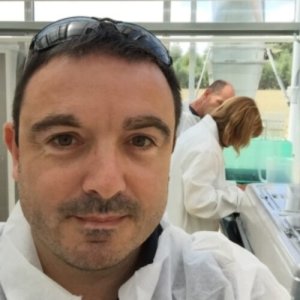

 Content
Content
When epigenetics gained interest in the scientific community a few decades ago, one major point of discussion was to which extent epigenetic marks can contribute (or not) to the evolution of organisms. While many questions in this matter remain largely open, advances in (epi)genomics and large-scale approaches allow us to draw a preliminary picture of the role of epigenetics in natural phenotypic variation, the transmission of such variation across (a)sexual generations and adaptation. This question is of particular interest for plant biology, as plants are sessile organisms and therefore likely rely on molecular mechanisms to cope with environmental changes more than animals do. Also, plants show a large diversity of reproductive strategies, including sexual and asexual modes, and these strategies are likely to affect to which extent epigenetic marks can be transmitted and spread in a given population. The aim of the workshop is to 1/ help the attendants acquire knowledge on the last advances about plant epigenetics & evolution and 2/ allow attendants to design experiments and try out bioinformatic methods to study the role of epigenetic marks in evolution. The theoretical lectures will largely rely on active learning (group work, discussion) and the practical class will be hands-on.
 Learning outcomes
Learning outcomes
At the end of the training, the participant will know how to:
- Design an ecological epigenetics experiment
- Critically interpret such an experiment
- Run associated analyses
 Preliminary program
Preliminary program
|
First day: lectures (hybrid mode) Reminders on plant epigenetics Epimutations and natural variation: spontaneous vs induced epimutations, phenotypic consequences (or absence thereof) Transmission of epimutations: conceptual challenges, asexual vs sexual reproduction Epimutations and adaptation: myth or reality? |
|
Second day: Design of experiment and hands-on (in person) Design your own ecological epigenetics experiment Hands-on 1: tracking heritable epimutations and potential role in adaptation (bioinformatic analysis of methylome) |
|
Third day: lectures & hands on (in person) Hands-on 2: continuation of the day before Interpretations, critical discussion, presentation of results by the participants |
 Target audience
Target audience
People with at least some basic background in (plant) epigenetics, willing to develop their knowledge about the role of epigenetics in plant evolution, and willing to try out current bioinformatic methods for potential implementation in their own research. Any level welcome: Master, PhD students, postdocs, PIs. Prior knowledge of genomics and bioinformatics tools is preferred, but not mandatory. The practicals will not involve coding but will use instead Galaxy, which is user friendly.
 Trainers
Trainers
Iris, Clément & Stéphane are teaching a Master course in plant epigenetics at Charles University. In this course, they apply learning-outcome based and student-centered methods to teach both theoretical concepts and lab methodologies (including practical classes). More details: https://lab-allience.natur.cuni.cz/plantreproevo/teaching/epigenetics.
 |
Iris Sammarco (PhD student, Charles University and Institute of Botany of the Czech Academy of Sciences, Prague) During her PhD studies, Iris is working on the importance of epigenetic variation in wild non-model plant species. Her project is part of the EpiDiverse European Training Network, which aims at linking ecology, molecular biology and bioinformatics in plant epigenetic research (https://epidiverse.eu/en). |
 |
Clément Lafon Placette (group leader, Charles University, Prague) After a PhD in plant epigenetics, Clément worked on the implications of genomic imprinting, an epigenetic phenomenon, in plant speciation and hybridization barriers. He is now focused on plant reproduction evolution. Lab: https://lab-allience.natur.cuni.cz/plantreproevo |
 |
Stéphane Maury (professor, University of Orléans, France) Stéphane Maury is Professor of Plant Physiology and Epigenetics at the University of Orléans in France. He was recruited in 2000 at the University of Orleans as assistant professor at the Laboratory of Biology of Woody and Crops at the University Orléans and INRAe where he initiated and developed a research program in epigenetics and plant breeding in partnership with the seed private sector for more than 10 years on sugar beet. He then developed a new epigenetic axis on poplar, the model tree, and is now the leader of the research team ARCHE working on abiotic stress in trees and epigenetics. His research combines ecophysiology and epigenomics at the level of the individual and populations and works in international collaboration with various laboratories. |
 Practical details
Practical details
Logistics
3-days training school: 12-14th of September 2022
Presential workshop, possible hybrid mode
Venue: Charles University, Prague, Czech Republic
Training fee and travel grants
The training school is free.
We have a restricted amount of full cover travel grants. To apply for this grant, send an email explaining your situation, together with a CV and motivation letter to lafonplc[at]natur.cuni.cz.
The criteria of selection for this grant are: 1/ a basic level in epigenetics (justifiable by a course during the course, training school epicatch or other); 2/ a real need for the thesis/research project (the candidate plan to do what we will teach in their project and they/their lab do not have the expertise in this area); order of priority doctoral student > Master student > postdoc > PI.
To register for the training school
Send a CV and motivation letter to lafonplc[at]natur.cuni.cz
Registration deadline: 20th of June
